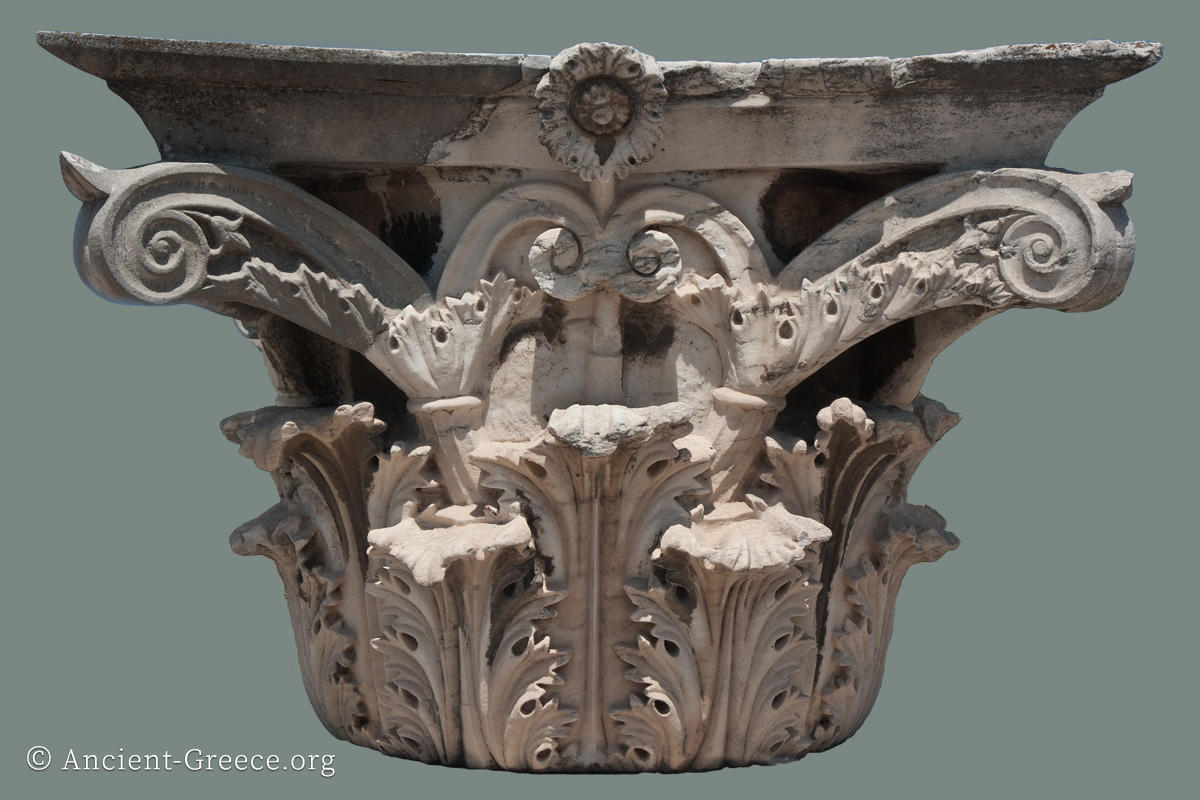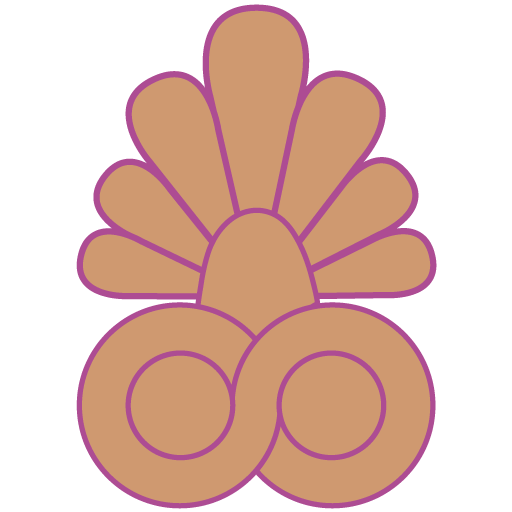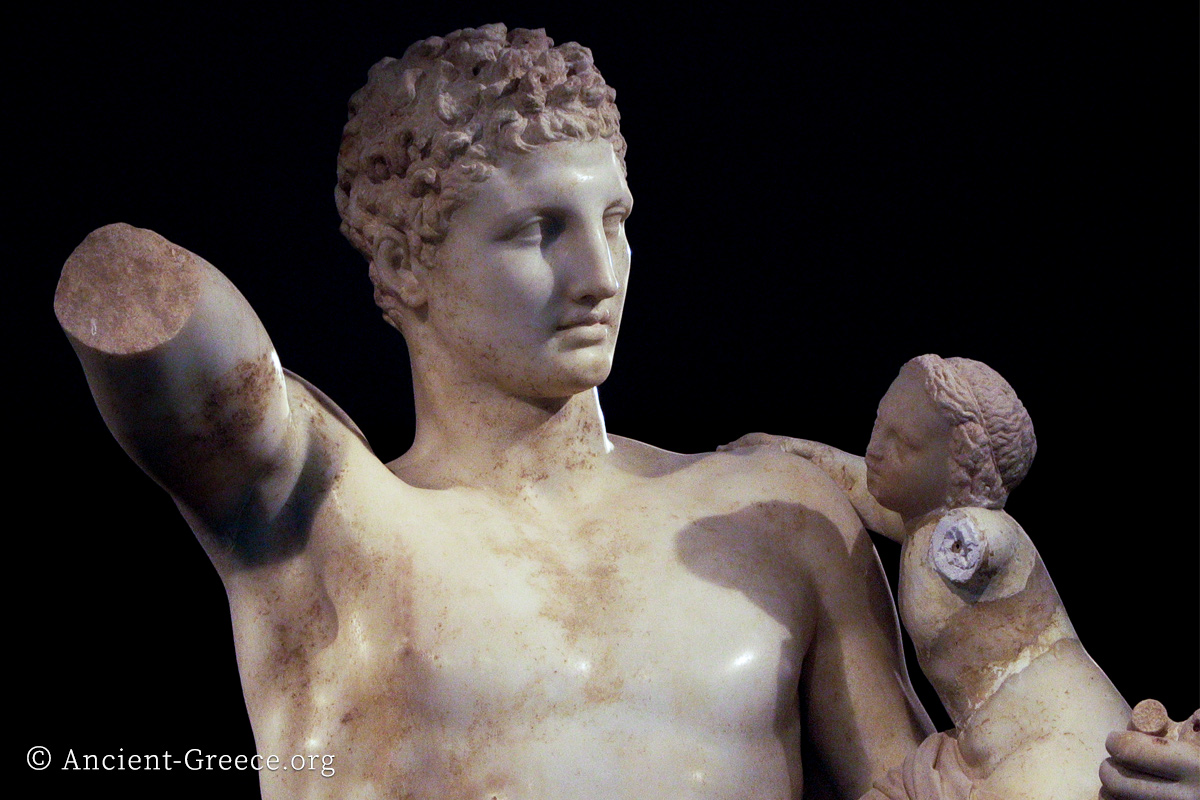Metic
-
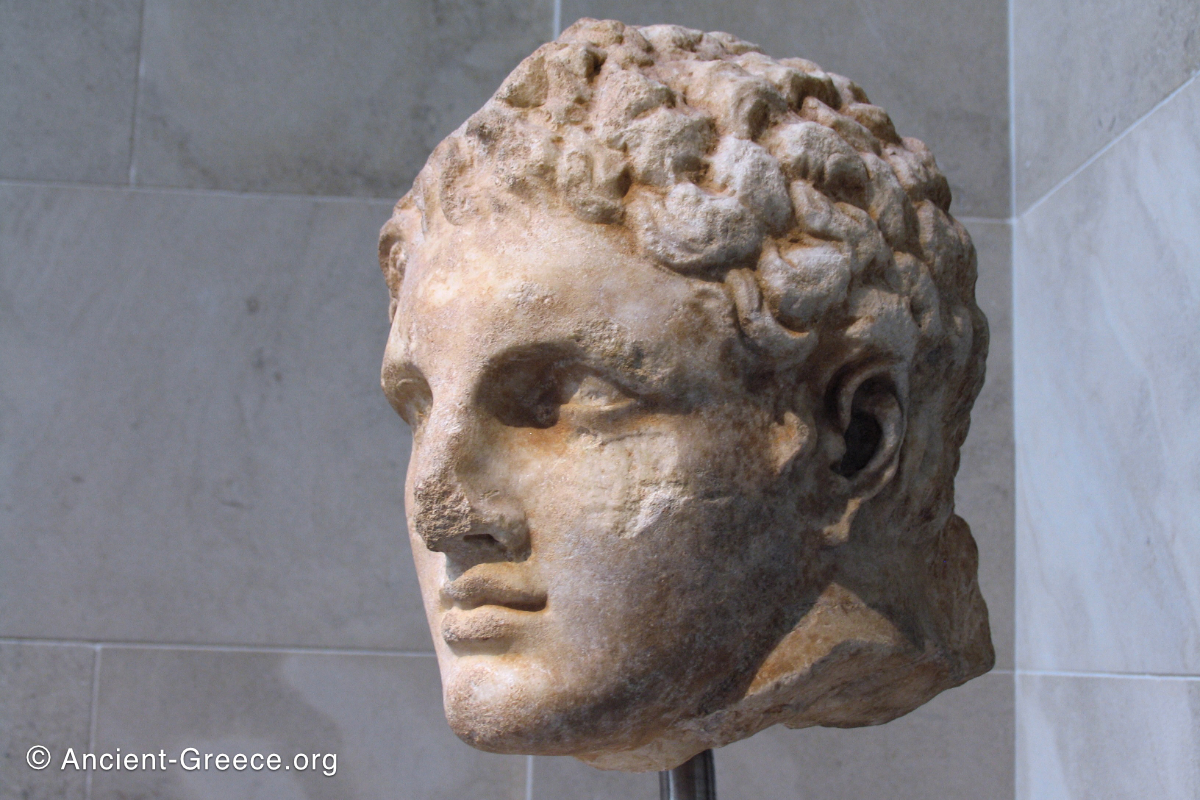
MET New York: Greek & Roman Art
Read more: MET New York: Greek & Roman ArtThe Metropolitan Museum of Art in New York, USA is one of the largest museums in the world. It exhibits art from the entire globe, and it has several halls dedicated to Greek and Roman art. Archaic, Classical,…
-
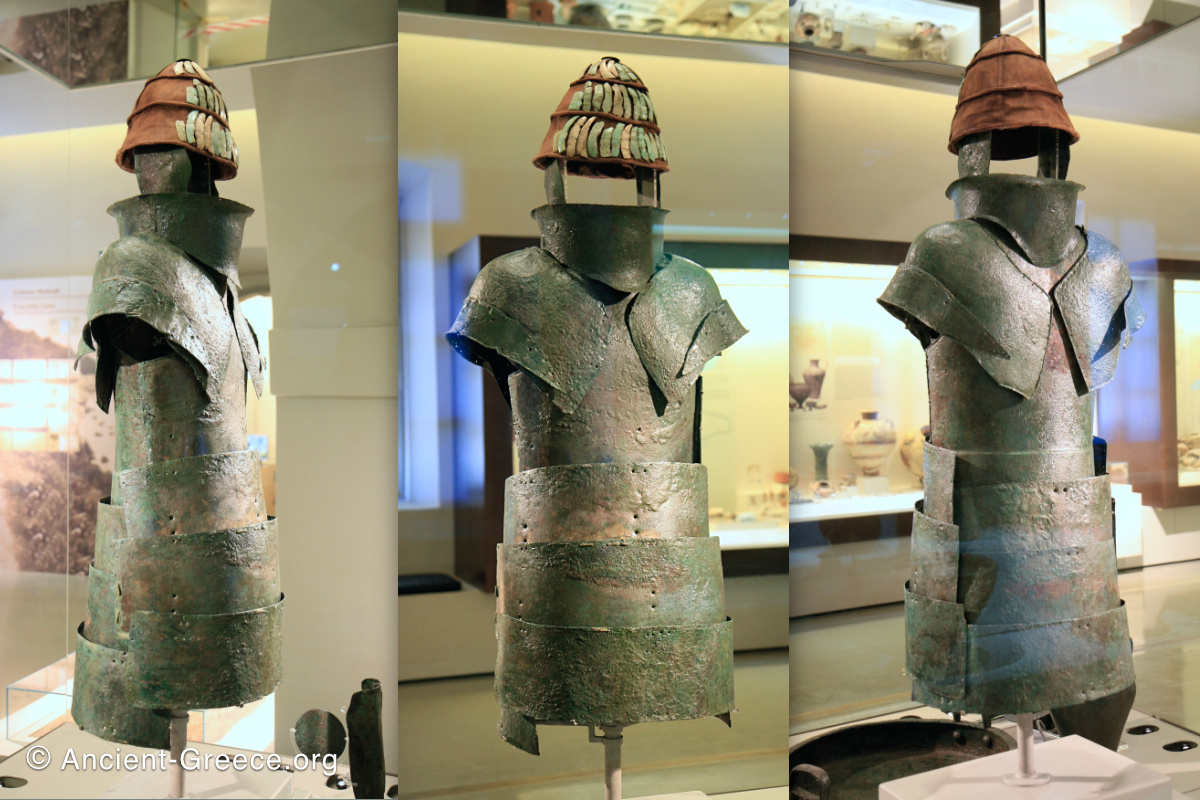
Nafplion Archaeological Museum
Read more: Nafplion Archaeological MuseumΤο Αρχαιολογικό Μουσείο Ναυπλίου (The Archaeological Museum of Nafplion, or Nafplio, Nauplio,) is home to objects unearthed in the Argolis area, Peloponnese, Greece. It exhibits artifacts from excavations in the general Argolis area, including rare Mesolithic objects from…
-
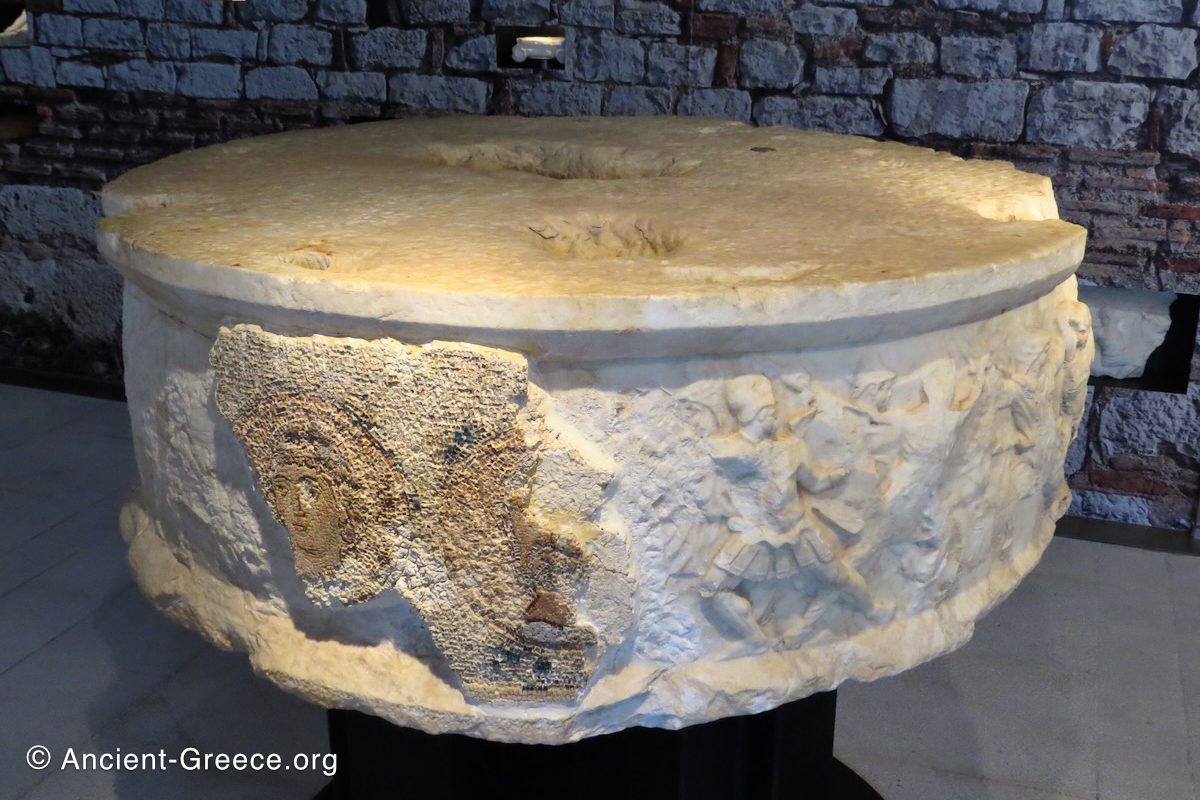
Nikopolis Archaeological Museum
Read more: Nikopolis Archaeological MuseumΤο Αρχαιολογικό Μουσείο Νικόπολης (the Archaeological Museum of Nikopolis) hosts Roman and Byzantine finds from the nearby ancient city of Nikopolis. It exhibits objects and art from the excavations in the expanded area around the ancient city founded…
-
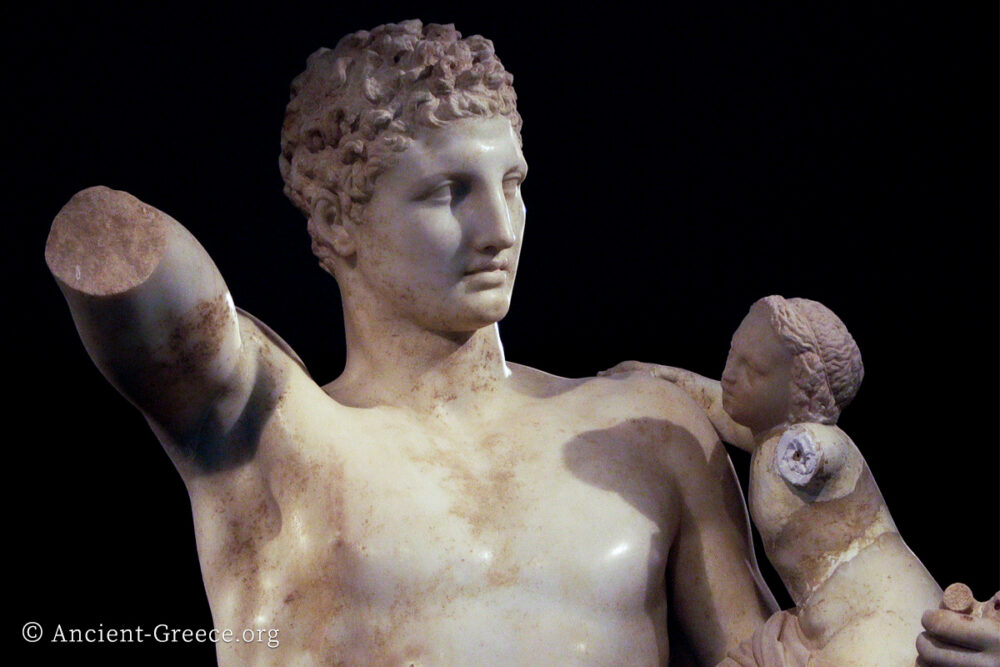
Olympia Archaeological Museum
Read more: Olympia Archaeological MuseumThe Archaeological Museum of Olympia (Αρχαιολογικό Μουσείο Ολυμπίας) is one of the most visited museums in Greece. It is located in Olympia, Peloponnese, which is one of the most important archaeological sites and the birth of the original…
-
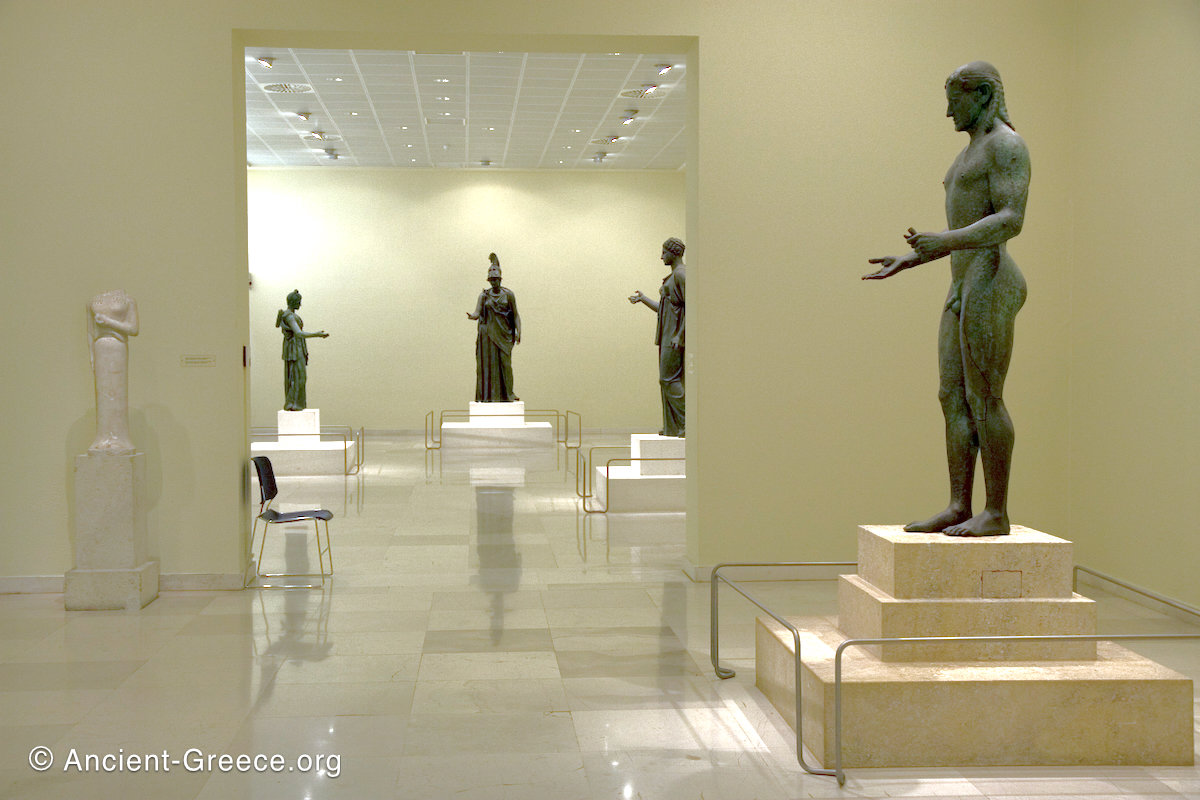
Piraeus Archaeological Museum
Read more: Piraeus Archaeological MuseumThe Archaeological Museum of Piraeus is host to an extensive collection of bronze statues from Ancient Greece alongside various sculptures and artifacts unearthed in the vicinity of the city of Piraeus. Piraeus was one of the major ports…
-
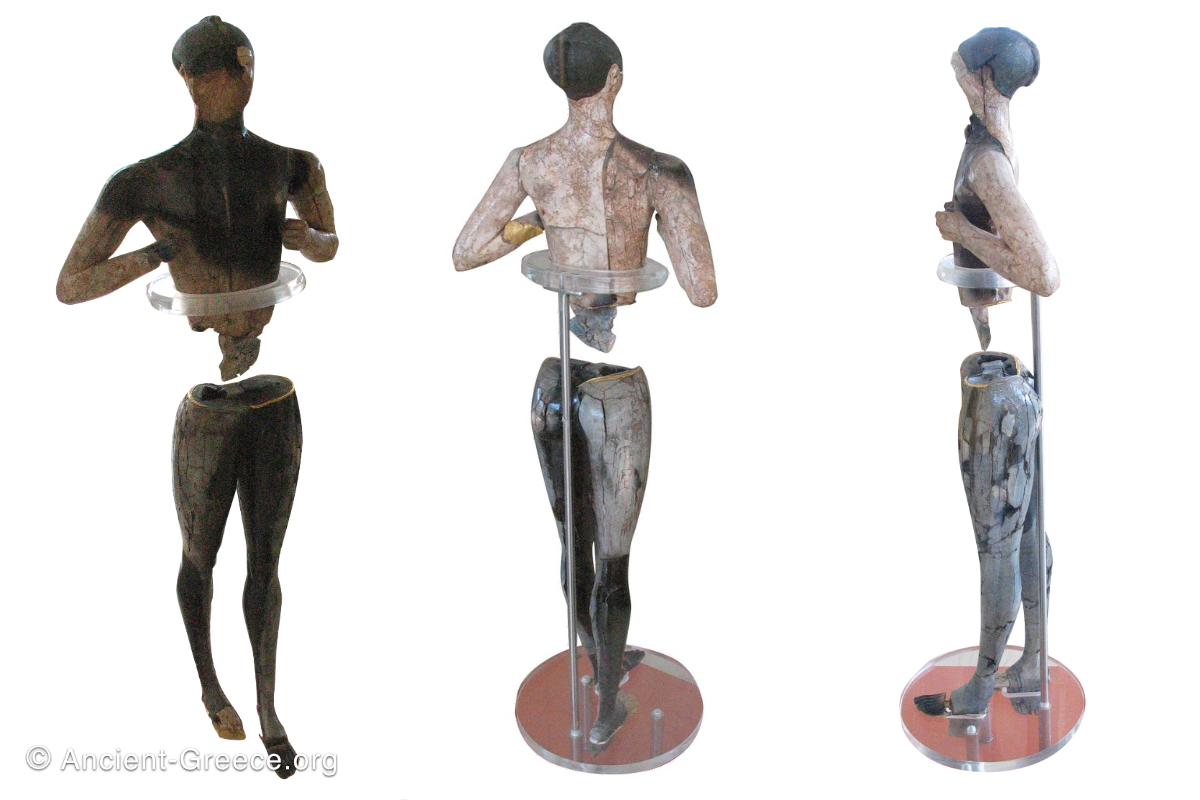
Sitia Archaeological Museum
Read more: Sitia Archaeological MuseumThe Archaeological Museum of Sitia (Σητεία, Siteia) houses a large number of Paleolithic, Minoan, Classical, Hellenistic, and Roman artifacts from excavations in Lasithi, Eastern Crete. Generally, the most important ancient finds from Crete are exhibited at the Heraklion…
-
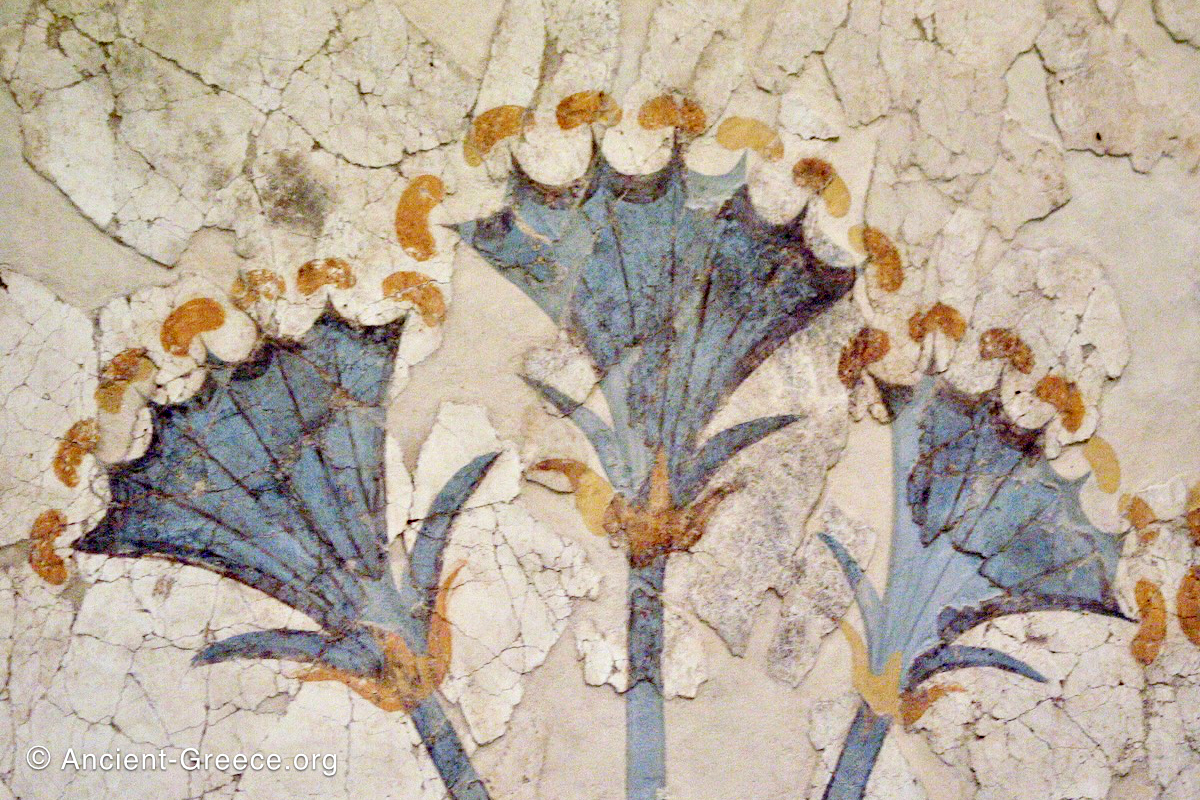
Thera Prehistoric Museum
Read more: Thera Prehistoric MuseumThe Prehistoric Museum of Thera in Santorini island, Greece, houses a large collection of artifacts from excavations at ancient Akrotiri. Akrotiri is was a thriving Bronze-Age town when it was abandoned and destroyed by the Thera volcano eruption…
-
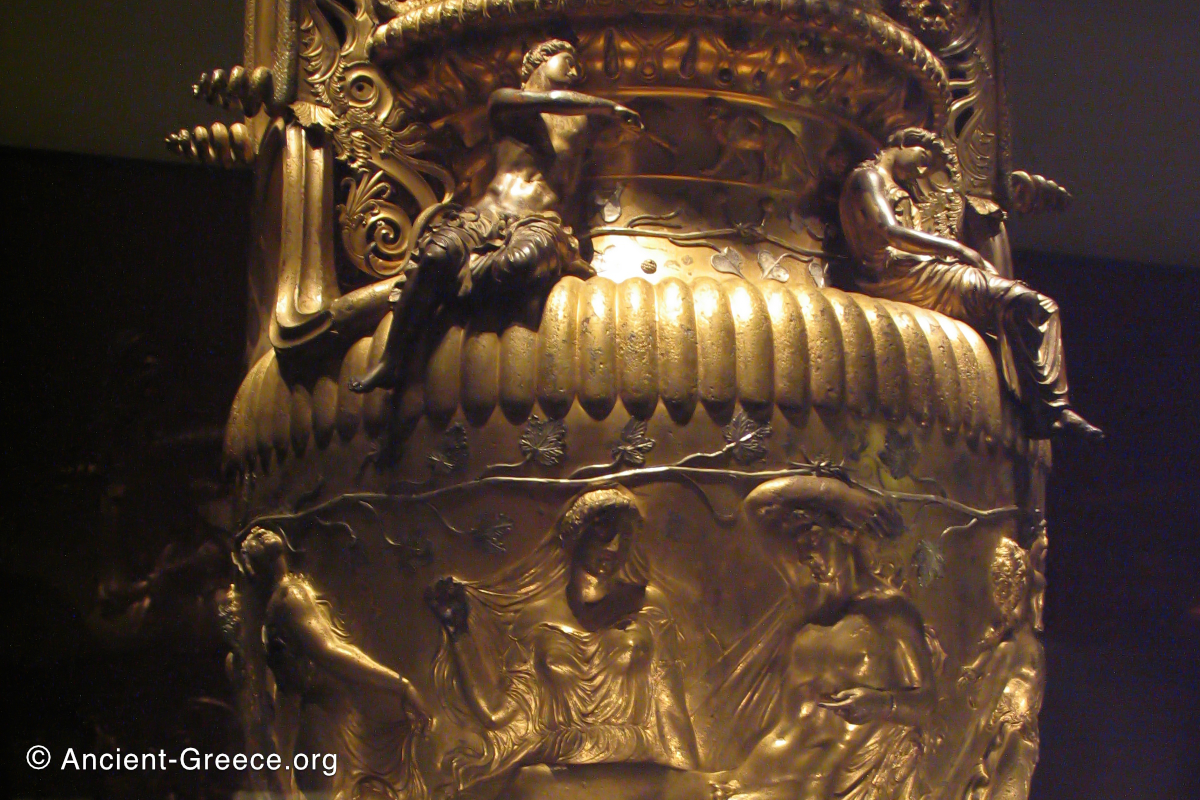
Thessaloniki Archaeological Museum
Read more: Thessaloniki Archaeological MuseumThe Archaeological Museum of Thessaloniki exhibits artifacts unearthed in northern Greece. The bulk of the collection is comprised of precious metal objects from the Hellenic Kingdom of Macedonia. Derveni Crater Five views of the Derveni crater, tomb B.Late…
-
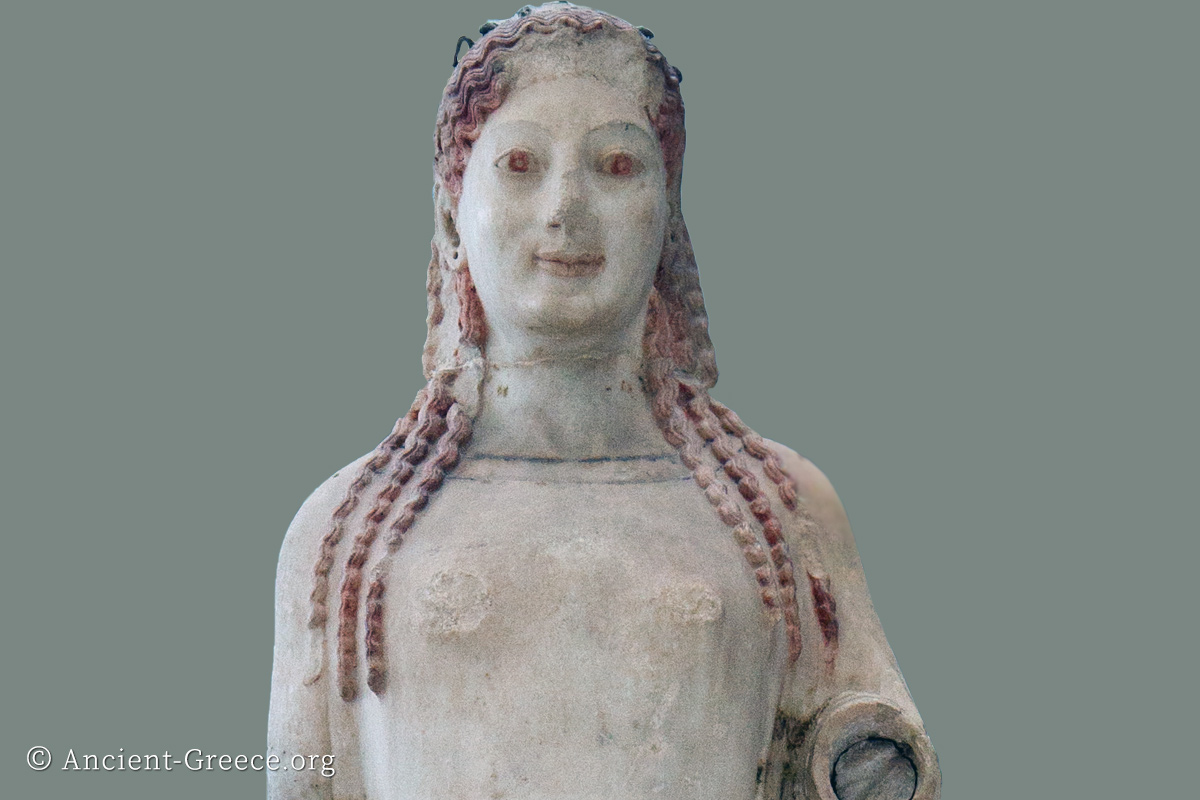
Kore
Read more: KoreKore (κόρη = maiden. Plural: κόραι, korai) refers to statues depicting female figures, always of a young age, which were created during the Ancient Greek Archaic period (600 – 480 BCE) either as votive or commemorative statues. Wealthy…
-

Kouros
Read more: KourosΚούρος (Kouros: youth. Plural: Κούροι, Kouroi) sculptures were abundantly produced in Ancient Greece during the Archaic era (700-480 BCE), continuing a centuries-old tradition of votive figure statues made of bronze which was previously of small scale. Around 600…
